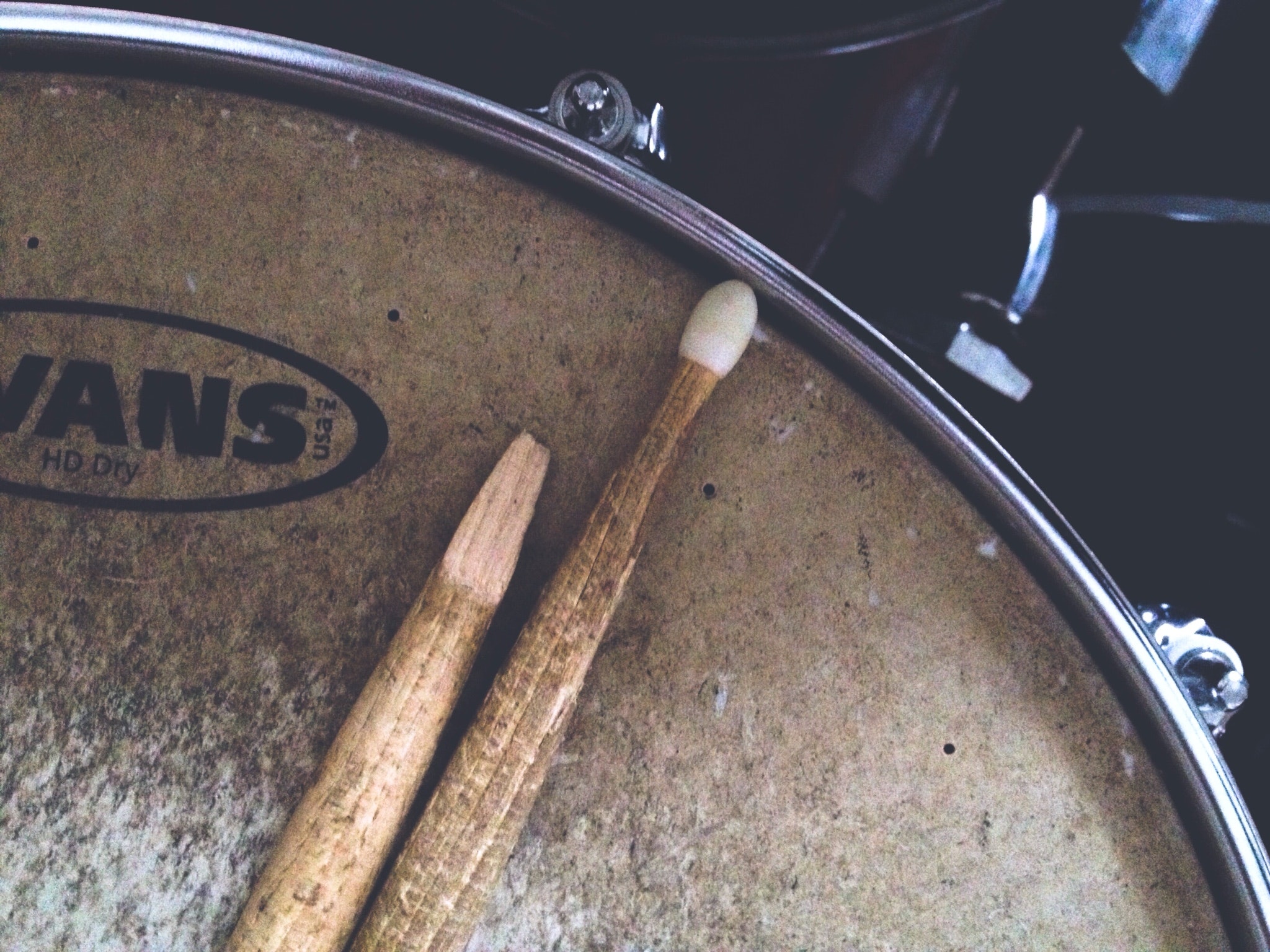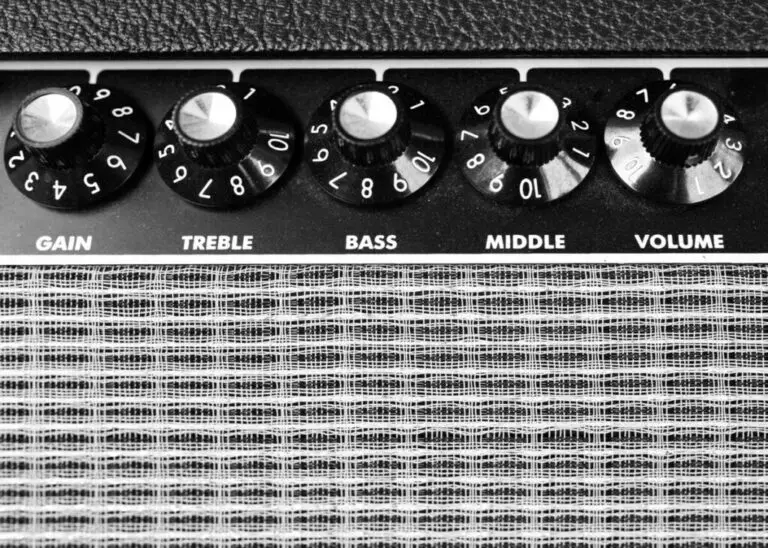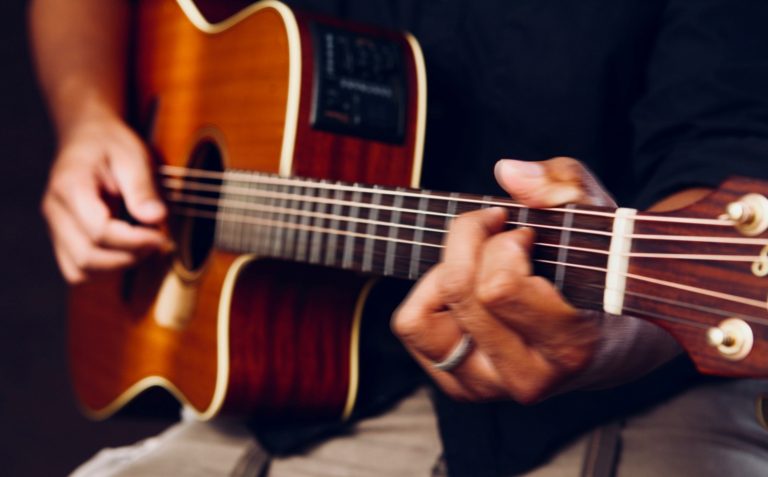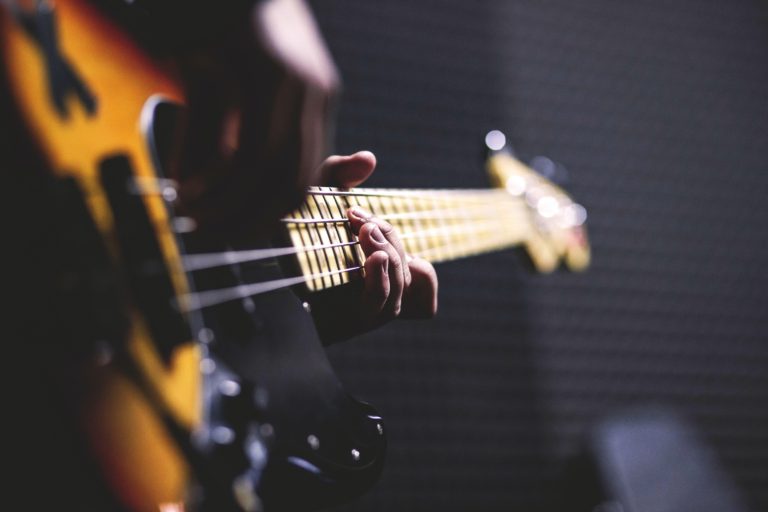Why Do Drummers Break Drumsticks?
Drummers are passionate musicians. It takes far, far more than beating on metal cylinders and discs with a pair of sticks. Professional drummers have impeccable rhythm, creativity, and stamina. As many famous musicians like to mention in interviews, good ones are hard to find. So, why do drummers break drumsticks?
Drummers sometimes break drumsticks by neglecting to care for them properly. In other instances, drummers may get caught up in the energy of a live performance and don’t know their strength. Passion drives many drummers to break their sticks during intense, creative outbursts.
However, even the most renowned drummers mess up, and their trusty tools break during performances.
How Often Do Drummers Break Drumsticks?
If you follow what goes down in the drummer’s realm, you’ve probably heard of musicians like Neil Pert of Rush and Josh Dun of Twenty One Pilots that famously break their sticks during live performances. While breaking drumsticks is relatively typical, famous bands usually can afford to have their drummers play with a brand-new pair of sticks each gig to reduce the likelihood of that happening.
Nevertheless, it happens. With some drummers, it happens more often than others.
Geddy Lee of Rush says that the band’s drummer, Neil Peart, broke so many sticks in a typical session that “you could light a fire” by gathering them into a pile. Josh Dun of Twenty One Pilots accidentally broke a drumstick in a 2016 performance — a usually show-stopping occurrence — only to successfully and impressively finish the song with a broken stick.
Sure, breaking sticks is terrible. It often signifies that the drumsticks were not adequately cared for or were misused. Additionally, quality drumsticks can be expensive, and habitually breaking them can put a dent in your wallet if you’re a hobbyist.
But it’s hard to say that Neil Peart, widely considered the greatest drummer of all time, didn’t know how to handle his sticks. And we doubt Josh Dun is too concerned about the financial loss of his drumstick as a member of one of the highest-grossing rock bands of the 21st century.
Why Do Drumsticks Break?
Drumsticks break for many reasons. First of all, standard wooden drumsticks are — well, made of wood. Over time, environmental conditions like humidity and UV exposure affect wood.
Consequently, wood may get darker, lose moisture content, and develop cracks that weaken it over time. Also, drumsticks undergo hard and frequent physical contact. So it’s clear why wooden drumsticks eventually break.
However, this doesn’t mean that an average pair of sticks should be lasting you a maximum of three days. If they are, chances are improper handling is the main culprit.
What is improper handling? Bad habits many drummers are guilty of include:
- Holding the sticks way too tight. This is like driving a car with no shocks.
- Using your arms to strike the drums.
- Hitting cymbals with direct, downward motions.
- Hitting too close to the rims. Rimshots are nice sometimes, but they come with a cost.
Otherwise, if your technique is impeccable and you take care of your drumsticks, improper handling won’t prompt you to replace them every week. Unfortunately, wear and tear will make you say goodbye to your beloved tools at some point. If you play aggressive genres, breakage will probably come sooner.
Broken sticks are just a sad part of life for drummers.
Do Drummers Break Sticks on Purpose?
Generally, drummers break sticks by accident through aggressive playing or everyday usage. But remember, musicians, are an expressive bunch.
You’ve probably heard of guitar-smashing. Pete Townshend didn’t accidentally smash his guitar at The Who‘s concerts. Jimi Hendrix didn’t accidentally set his guitar on fire at Monterey Pop Festival. In hard rock, aggression is expression.
Understandably, some drummers break sticks on purpose for the same reason. Especially in energetic genres of music, breaking drumsticks is a pivotal release for the sweatiest people on stage.
It complements themes like anger, excitement, and heartbreak in one abrupt artistic display. Plus, it’s an opportunity for drummers to show off the crazy arm strength they’ve worked so hard to get.
How Can You Stop Your Drumsticks From Breaking?
Wooden drumsticks will break if you use them enough (we’ll discuss alternative materials shortly). Fortunately, you can prolong their lifespan through several good habits.
Habit #1: Strike With Your Wrists
Strike with your wrists instead of your arms. This technique allows you to relax and loosen your grip, reduce the strain on your drumsticks, and improve your style. Your goal is not to abuse your drumkit but to allow your sticks to bounce freely without you squeezing the life from them.
Habit #2: Avoid Rimshots (If You Can)
Use rimshots sparingly. We’re not saying to stop — rimshots are a great way to embellish rhythms. However, it’s important to note that wood sticks are made for striking the head. With rimshots, you’re striking metal. Metal beats wood over time.
Habit #3: Hit Cymbals At An Angle
Hit crash cymbals with a glancing movement. In other words, strike them at an angle, not directly like you’d hammer a nail. This approach entails coming downward from right to left at an angle. Imagine slashing your cymbals with a sword instead of beating them like a stake into the ground.
Habit #4: Store Your Drumsticks in a Cool, Dry Place
Keep your sticks away from the humidity! Just like with guitars and other wooden instruments, humidity is a murderous scoundrel.
Moisture causes wood to expand and contract, weakening its structure over time. If you sweat a lot as drummers often do, wipe your drumsticks off with a clean cloth when finished with them. Additionally, always store your sticks in a well-ventilated, air-conditioned place.
Are there unbreakable drumsticks?
Nowadays, you have many options when it comes to drumstick materials. While wooden sticks remain standard and inexpensive, more durable drumsticks made from nylon, metal (usually aluminum), and carbon fiber do exist. Are they unbreakable? Technically, no, but you’ll have a very hard time.
Nylon-tipped drumsticks typically have wooden shafts, but the added durability of the tip means that they’ll last longer. Plus, you may discover that you like the sharper sound they offer.
Metal drumsticks are more durable than wood — obviously. Metallica drummer Lars Ulrich used them extensively. Intuitively, metal drumsticks are good for heavy metal because they can withstand fast tempos and hard strikes with ease. There is a caveat though. If you have a fragile drum kit, metal sticks are the most likely to damage it.
Finally, carbon fiber drumsticks are available for those wanting something light yet stronger than steel. These are the closest to “indestructible drumsticks” readily available today. They’re pricey, but they will last far longer than wooden drumsticks. Also, carbon fiber sticks are more gentle on drums than metal.
Do Unbreakable Drumsticks Exist?
Nowadays, you have many options when it comes to drumstick materials. While wooden sticks remain standard and inexpensive, more durable drumsticks made from nylon, metal (usually aluminum), and carbon fiber exist. Are they unbreakable? Technically, no, but you’ll have a tough time.
Nylon-tipped drumsticks typically have wooden shafts, but the added durability of the tip means that they’ll last longer. Plus, you may discover that you like the sharper sound they offer.
Metal drumsticks are more durable than wood. Metallica drummer Lars Ulrich used them extensively. Intuitively, metal drumsticks are suitable for heavy metal because they can easily withstand fast tempos and hard strikes. There is a caveat, though. If you have a fragile drum kit, metal sticks are the most likely to damage it.
Finally, carbon fiber drumsticks are available for those wanting something light yet stronger than steel. These are the closest to “indestructible drumsticks” readily available today. They’re pricey, but they will last far longer than wooden drumsticks. Also, carbon fiber sticks are more gentle on drums than metal.
Conclusion
Drummers break drumsticks like Formula One drivers bust tires. It’s a fact of life that happens even to (especially) the most renowned drummers to walk the Earth. Regular wear and tear, improper technique, and aggressive playstyles cause broken sticks. It can stop a song when it happens on stage because the entire band depends on the percussionist.
Ultimately, proper care, good drumming technique, and opting for thicker sticks made of more durable materials like nylon, metal, and carbon fiber prolong the lifespan of your drumsticks. You don’t need to end up with a graveyard of broken sticks like Neil Peart each time you perform — unless you’re a sucker for destruction. And hey, sometimes that’s the best part of being a drummer.
Related Questions
Does drumming tone your arms?
Footage of drummers flailing their arms ferociously for several hours begs this question. An important note: people use “toning” to refer to losing fat while building muscle. So should commercial gyms replace the triceps extension machine with a drumkit?
Probably not. When you begin drumming, you can build some muscle as your body adapts to the new stimulus, but you won’t get the same results as lifting weights. However, drumming can burn between 200 and 500 calories per session, making it an excellent tool for weight loss. Thus, your muscles could gain definition and look more prominent as you shed the fat surrounding them.
Nevertheless, few musicians get as much of a workout as the drummer.
Are drummers musicians?
Yes!
Short Answer:
Dictionary.Com defines a musician as “a person who makes music a profession, especially as a performer of music.” Drummers perform and make professions out of music.
Long Answer:
Drumming requires a well-honed technique, rhythm, and creativity. Some people might look at the act of hitting something with sticks as something everyone can do. Others may claim that you can’t be a musician without playing melodies. And there is no shortage of “drummers are dumb” jokes.
Drummers are musicians. Sure, the basis of drumming is hitting things with sticks. But with the same logic, you could say playing guitar is just “flicking some strings,” and playing the piano is just “pressing some buttons.” Additionally, you don’t need to play a melody to be a musician. Music has seven major elements, and melody is just one of them. Drummers specialize in rhythm and dynamics, two critical components of music.








![How To Get Better At Guitar [10 Tips You Can Use Today]](https://www.bythebarricade.com/wp-content/uploads/2022/02/How-To-Get-Better-At-Guitar.jpg)